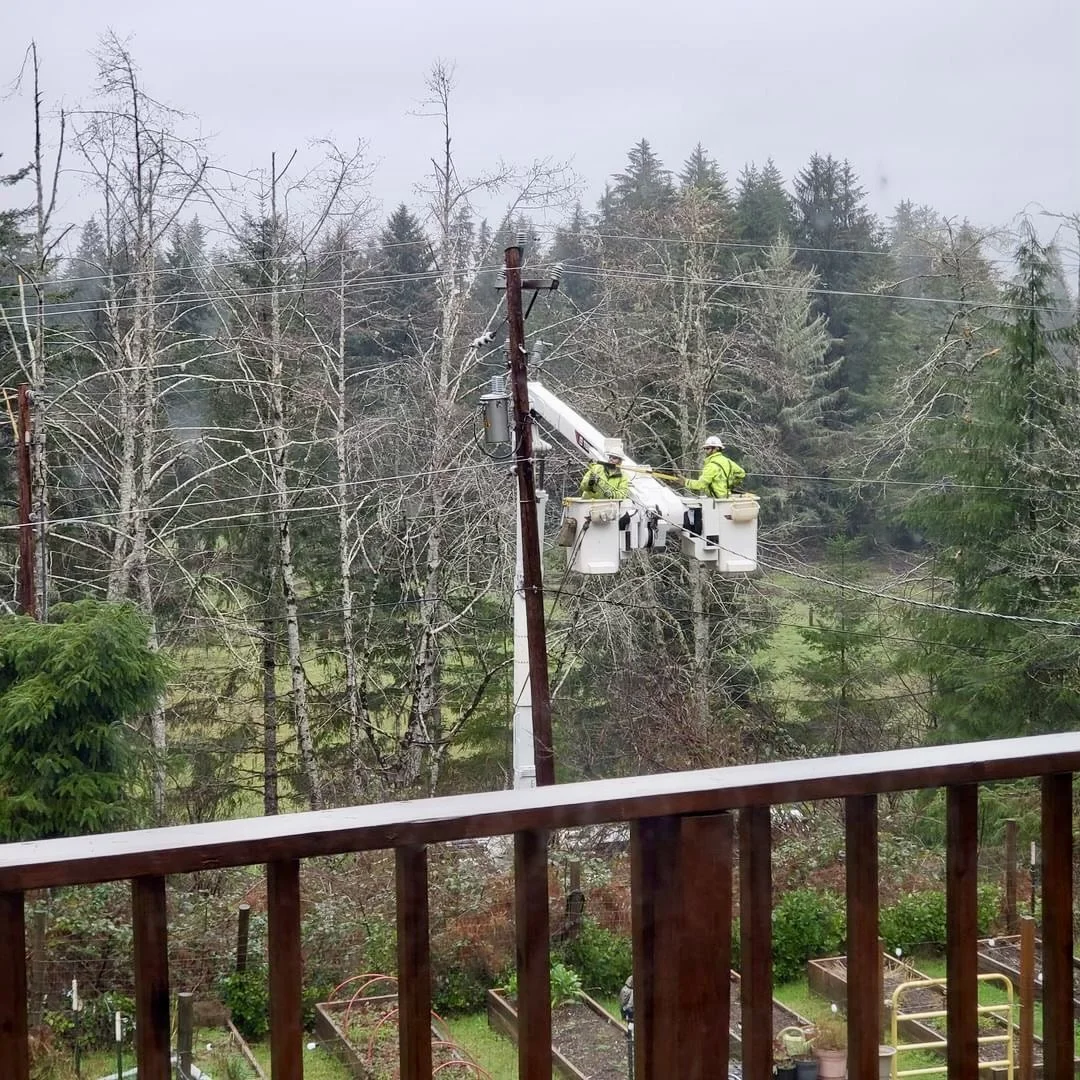Frozen conditions across the state caused power outages and slowed fuel deliveries to many Oregon communities this week. The Oregon Department of Energy shares some of the actions we’ve taken to keep fuel moving, as well as tips from ODOE staff about how to be prepared.
Read MoreIn our last newsletter of 2021, an update on federal funding for energy programs, a reminder about ODOE's Rural & Agricultural Energy Audit Program, a new Grounded podcast episode on electric vehicles, and more.
Read MoreSummer 2021 presented a new transportation fuel challenge: jet fuel delivery. Deanna Henry, ODOE’s Emergency Preparedness Manager, responded over the summer to requests for additional jet fuel deliveries to small airports in southern and northeast Oregon to support firefighting missions.
Read MoreIn this month’s newsletter, Oregonians come together following devastating wildfires, ODOE publishes a new Electric Vehicle Dashboard, a report on our Solar + Storage Rebate Program progress, and more.
Read MoreOregon Department of Energy’s Emergency Preparedness Manager, Deanna Henry, collaborates with the fuel industry and the Oregon Department of Transportation to fuel Oregon during recent wildfires.
Read MoreAs a member of the Oregon Infrastructure Branch of the state’s COVID 19 response, Oregon Department of Energy’s Emergency Preparedness Coordinator, Deanna Henry, secured 14,000 masks for Oregon’s fuel and propane providers. The masks are helping keep workers safe as they ensure a reliable source of fuel and propane for Oregonians during the pandemic.
Read MoreIn this month’s newsletter: life during COVID-19, a tour with McMinnville Water & Light, activating the Oregon Fuel Action Plan, a vacancy on the Energy Facility Siting Council, and more.
Read MoreODOE activated our Oregon Fuel Action Plan to assess whether the pipeline break would affect diesel supply in Eugene. At this time, we do not anticipate any shortages.
Read MoreThe Pacific Northwest Region’s fuel infrastructure will be destroyed in the aftermath of a 9.0 Cascadia earthquake and tsunami. The Oregon Department of Energy’s role is to work with the federal government, the military, and the petroleum industry to establish new temporary bulk fuel supply chains to ensure adequate fuel supplies are provided to the state’s public safety agencies tasked with saving and sustaining lives, and restoring critical lifelines and services.
Read More














